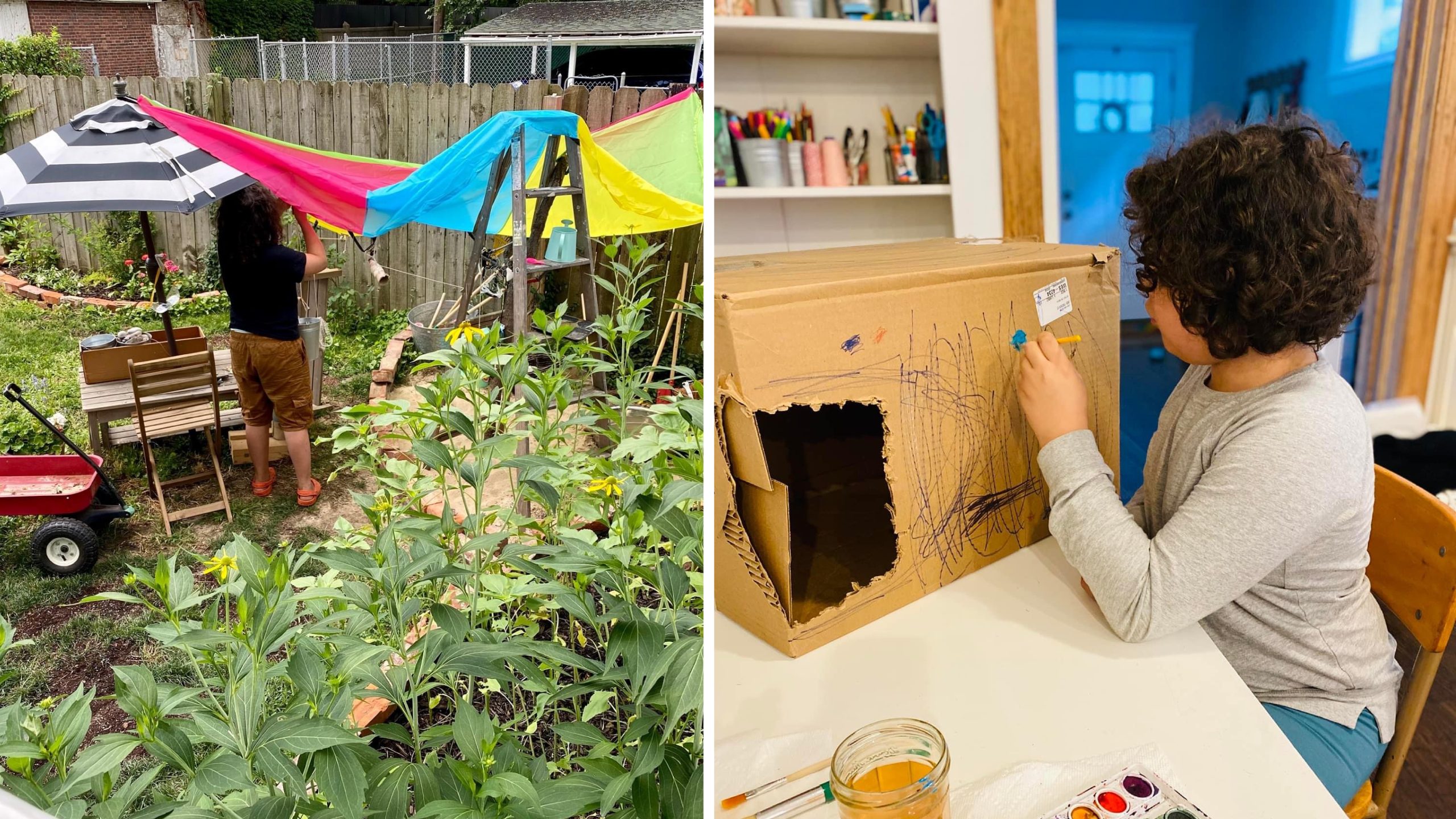Tips from a neurodivergent student
Too often we don’t listen to students, especially our unique learners

By: Langston van Belle
Too often we don’t listen to students, especially our unique learners. We assume their silence in classrooms equals “a good day, or students who are on task or cooperative.” What if we asked questions like “how is your day going, did I understand you today, and/or how can we as adults support your learning?”
Langston, a beautiful bright student from Detroit shared his journey as a neurodivergent learner with his mother who advocates for not only “L” as the community calls him but all children to have access to equitable outcomes in education.
L is having some challenges and I asked him to tell me about it and I would type it all down to help us build solutions. This is what he said verbatim. Sharing here with L’s permission because every single one of us shares our world with neurodivergent FOLX, whether we know it or not…
“They don’t know what neurodiversity means. I’m not that mad about it because you need to teach. They’re learning about skin color and what makes us different, but I don’t think they know about neurodiversity. They aren’t respecting my neurodiversity. Neurodiversity is sometimes not knowing why I do things. Sometimes I can’t control my body. Sometimes it’s very difficult for me to sit still or be like everybody else. I feel very, very different. When you look at other people you’ll see that they’re way ahead of me in controlling their body. Someone else without autism, without asperger’s, without ADHD, without Tourette’s they have much more control… Other times people just need to know my comforts (stims, tics that comfort him or that he has no control over, like vocal tics). Everybody’s comforts are different— mine are just different. I’m very, very different at many levels. I’m a good person— it doesn’t matter if I’m different, it just matters that I’m a good person. If you even ask the jerkiest kid, I think they’d answer that it just matters if I’m a good person. Everybody has something good inside. Mine is just deeper to find. It may be hard to find my good person, but for me I can just find it all the time.”
When I asked him what ADHD feels like for him… “It’s kind of like a focal point. I have a strong connection with what I’m looking at. Like this bird [on lamp finial] I’m looking at. Like I’m really connected to it and I may not hear what you say. Like there’s a wire between what I’m looking at and my brain.”
When I ask him about how running back and forth feels good for him… “When I imagine something, it’s like it’s right there. It’s that rich imagination. It’s like, “I’m holding it”. I can imagine it moving on its own and it’s talking. It’s like a neuro-focal point in my mind [yes, he talks like that… because neurodivergence] so it’s hard for me to snap the cable and like play with someone. It calls me, ‘Run, run!’ When I’m running the motor in my brain starts going faster and faster so my imagination grows as I’m running.”
We all learn so much when we listen, truly truly listen to our babies. #FollowTheChild #Neurodiversity #austismselfadvocacynetwork #autismspeaksdoesn’tspeakforme
